On March 20, Dr Tedros Adhanom Ghebreyesus, the director-general of the World Health Organisation, said in a media briefing: “Look after your mental health...Listen to music, read a book or play a game. And try not to read or watch too much news if it makes you anxious. Get your information from reliable sources once or twice a day.”
I was relieved when I heard this because I’d get anxious each time I read news about the pandemic or India’s lockdown. But it didn’t keep me from consuming copious amounts of it round the clock. I was constantly stressed.
I punctuated this reading with JM Coetzee’s
Disgrace (1999) and Antoine de Saint-Exupéry’s
The Little Prince (1943), both of them second-hand copies I’d bought for fifty rupees each a few days before the “janata curfew”. Before COVID-19, reading fiction was often about work – let me read this so I can attempt to write something like it – or FOMO – let me read this so I, too, can participate in hypothetical dinner-table conversations about this or that book.
During the lockdown, fiction did something else. It helped slow down my heart rate and breathing, which would quicken even from reading the headlines in news app notifications. But like the scrawny mongrel on the cover of
Disgrace, I still looked into the uncertain future with worry.
I wondered if others were turning to fiction for similar reasons and how they were dealing with “real” stories of people dying from COVID-19 or being displaced by the lockdown. I decided to interview a few readers over email.
Happy endings
Shramadha Srinivasan, 29, a public policy analyst from Mumbai who’s in a book club with me, said, “I generally read a lot of non-fiction on economic issues. But since the pandemic [was declared], I prefer lighter books.” Light books, she clarified, didn’t touch on serious social and political issues of the present time.
Srinivasan read British comedian Stephen Fry’s second autobiography
The Fry Chronicles (2010) and Jonathan Franzen’s acclaimed novel
Freedom (2010) – about marriage, middle age and contemporary American life – during the lockdown. “It’s a difficult time right now,” she said, “and you don’t want to read about something that is heavy and pessimistic. My bandwidth to engage with serious topics through books has gone down [because of the news]. The times call for an escape from the situation.”
This desire to depart from the here and now into another world has been part of the lure of books – they are distractions of a kind. They have served this purpose well for Avantika A, 25, a Mumbai-based journalist who writes on culture. At the beginning of the lockdown, she turned to books she’d read when she was younger, especially fantasy series like Harry Potter and The Mediator.
“They guarantee happy endings, and I desperately wanted positivity at the time,” she said. “Also, these are all stories that I know rather well; I know what’s happening next and I know how the story’s ending, so my guard is down. Plus, since they’re essentially for kids, even when bad things happen, it’s not tragic or devastating. It’s bearable.”
As the lockdown progressed, Avantika’s reading choices changed. She “settled down emotionally, sort of adapted” and read books she hadn’t been able to make time for earlier, like
Finding Radha: The Quest for Love (edited by Malashri Lal and Namita Gokhale, 2018), a collection of essays, short stories and poetry. “It’s been incredibly easy and enjoyable reading because, first, a lot of the discussion revolves around the concept of love. And secondly, it’s sort of recontextualising Hinduism for me, throwing light on narratives other than the mainstream Brahmanical and patriarchal one, which made me very happy.”
When I asked her about how she felt when she was reading the news, Avantika said it was part of her job, but it felt like “a pendulum [that swung] between being quite afraid and being sort of detached.” For something familiar, she’d turned to Emily Bronte’s 1847 novel
Wuthering Heights, which she’d devoured along with other British classics and works of young adult lit as a younger person. “I need books to be a safe space and comforting and home. Maybe, through these books, I’d been trying to look for a time in my own life when things were simpler.”
Interestingly, classics also featured on the lockdown reading list of another reader. Priyanka Agarwal, 33, an author, freelance writer and self-confessed Potterhead from Mumbai, turned to Arthur Conan Doyle’s Sherlock Holmes novels and short stories. Even though mystery had been a draw for her from the time she was a teenager, she found herself in the grip of “a strange appetite for classics.” She ended up downloading worksby Jane Austen, the Bronte sisters, Charles Dickens, Leo Tolstoy and Mark Twain, among others.
Road to escape
I was intrigued by the pull of books from another place and time for both Avantika and Agarwal. Perhaps this is what has always drawn us to literature, this quest for a story other than our own that we can live vicariously. But could this desire be heightened at the present moment, when tragedy and death are part of our everyday, perhaps more than ever before?
I put this question to Sayandeb Choudhury, 43, who teaches literature and cinema at Ambedkar University, Delhi. He said: “I think such times make demands that were made originally from literature, to create a pool of possibilities elsewhere. The pandemic has become such an overwhelming presence across the planet; one can understand the desire to find an imaginary refuge.”
Choudhury’s own reading choices haven’t changed much because of the pandemic or the lockdown. For leisure, he usually reads “rare modern European fiction” and in the past two months, has read Austrian novelist Hermann Broch’s
The Death of Virgil (1945), which re-enacts the last hours of the Roman poet Virgil’s life (70-19 BCE), and David Ferry’s blank-verse translation of Virgil’s epic poem
The Aenid (2017), originally written in Latin between 29 and 19 BCE. Interestingly, both these books transport the reader to an older time: the classical period (8BCE - 6 CE).
The yearning for an older time, for another way of reading is felt by Delhi-based journalist G Sampath too, even if it wasn’t reflected in his choice of books, which consisted of nonfiction titles he reviewed for work and a few books he read for himself. The latter included Natasha Lennard’s
Being Numerous: Essays on Non-Fascist Life (2019), which he picked up for “some advice on how to live, given the political circumstances in India today”, Zadie Smith’s literary essays on culture and politics in
Feel Good (2019), and German writer Patrick Süskind’s historical novel
Perfume (1985). In Sampath’s case, the yearning showed up less in
what he read and more in
how he read.
“The pandemic has made me sick of screen-based content consumption because you are on your laptop/phone all the time for everything anyway – from work to chores to entertainment,” Sampath said. “So I find myself yearning to read from a physical, dead-tree book rather than on my iPad/Kindle or phone. Since it wasn’t easy to get new physical books during lockdown, I found myself reading books that I had with me for a long time but hadn’t read, and reading the unread sections of partially read books.”
Sampath’s job mandates that he is “in sync with the news cycle”, and he said this it doesn’t make him feel anything in particular. “Reading the news is part of the job.” Another reader I spoke to, Radhika R, 28, who works in corporate communications in Mumbai, said that “one gets breadth from reading or watching the news and depth from reading fiction” and that the pandemic didn’t trigger in her “a knee-jerk reaction to turn to certain books.”
However, I feel it wasn’t a coincidence that she re-read Richard Preston’s
The Hot Zone (1994), a nonfiction thriller about the Ebola virus, during the lockdown. After all, it deals with the origin and outbreak of the infectious Ebola virus and, right now, we’re all thinking about the worldwide outbreak of the highly contagious SARS-CoV-2 virus. A
New York Times article had said that
The Hot Zone had “incited public fears” when it was first published, and Radhika, too, found it “terrifying” – especially “what Ebola can do to a person.”
It also did something else to her. She said, “Reading about the history of Ebola and how outbreaks continue to happen, in a way, ‘prepared’ me to accept that we may [have to] deal with outbreaks of infectious diseases in the future – some far from where we live, some in the city we live in.”Perhaps the book was preparing her for COVID-19.
Besides
The Hot Zone, Radhika read Michael Crichton’s novel
The Andromeda Strain (1969), about the outbreak of a deadly, extra-terrestrial microorganism in Arizona, USA. For comfort, she turned to the fantastical
The Lord of the Rings trilogy
(1954-55) and explained her “lighter” reading choices thus: “We’re constantly reminded of death and suffering – something that our generation has probably not experienced on this scale. In these difficult times, engaging with something lighter – books, movies or TV shows – may help us cope better.”
The question is precisely this: How do we cope with the stress bundle we receive in our inboxes or our notifications list each morning? Are some immune from the stress that accompanies news, much of it difficult if not painful? Or does it depend on how the news is told, in measured tones versus sensationalist language?
Managing anxiety
A recent article by the US-based trauma specialist Elyssa Barbash in
Psychology Today says that the “pandemic is a trauma crisis waiting to happen.” Trauma, defined as a person’s emotional experience of a highly stressful event that may be body- or life-threatening, is experienced differently by various people. They may react to it with fear, horror, numbness or helplessness, or it may cause minimal interruptions in their daily lives.
Barbash says that apart from health workers and people who have contracted the coronavirus, even the general public, who may never get Covid-19, are managing fears and anxieties every day. These may be related to the possible loss of livelihood or the restrictions placed on them due to national lockdowns, among other things. She says that these people are also experiencing some form of trauma.
What we experience when we read the news may need to be investigated further. But quite a few people, apart from the ones I interviewed, have told me that they’re overwhelmed by the “information overload” of the daily news cycle. And a few of them are professional journalists.
Getting back to books, I recently read Mohsin Hamid’s
The Reluctant Fundamentalist (2007) for a book club. It has nothing to do with pandemics or the paranoia of contagion we’re surrounded by now. It deals with other traumatic events – the September 11, 2001 attacks on the World Trade Center; the US wars in Afghanistan and Iraq; the detentions of Arabs and Pakistanis in the States; the discrimination that brown-skinned folks and Muslims have faced since 9/11. And the reaction of the protagonist, a New York-based Pakistani financial analyst, to all of it.
I lived through 9/11 in New York, but the book did not bring back for me the trauma of that time as intensely. That said, I did find my heartbeat quicken and my breaths shorten a few times while reading it. Still, the events the book discusses are two decades removed from me, and their tragedy, though familiar, didn’t feel as immediate as that of patients and frontline workers dying of Covid-19 or displaced migrants walking hundreds of kilometres home, or people deprived of livelihoods with no money for rations.
If anything, the book has left me with more questions. Among them are: Why do we turn to certain kinds of fiction for distraction or comfort and not to others? What does it have to do with what we’re experiencing in our lives at the time and what’s happening around us? And do some fictional stories act as a form of therapy?
The names of some interviewees in this article have been changed on request.
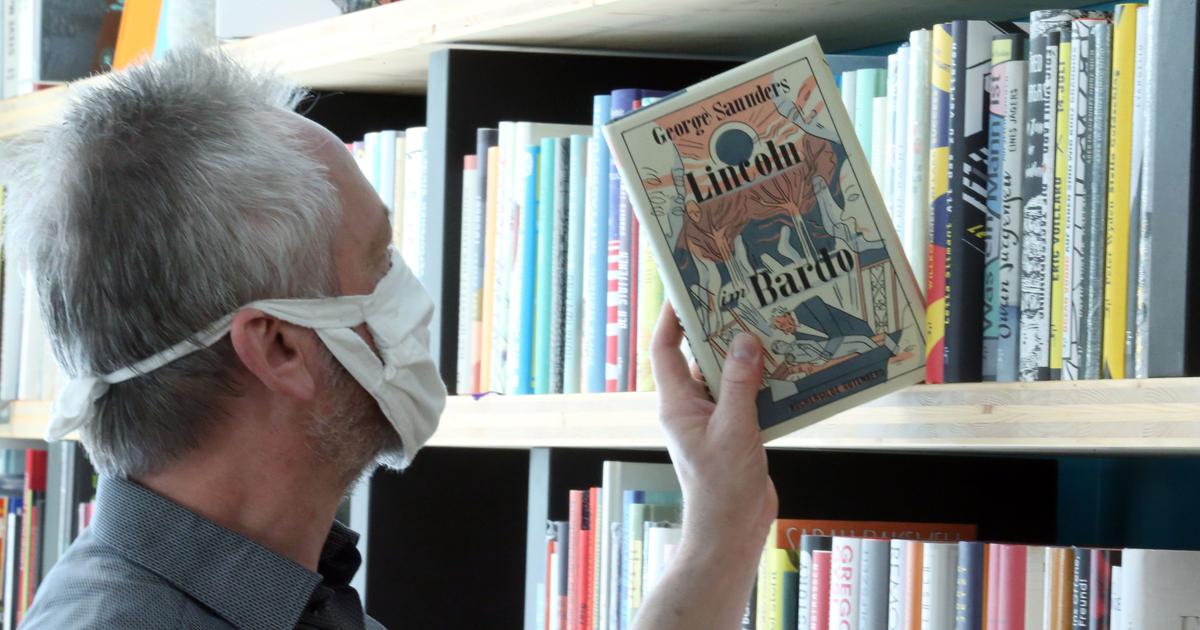



.jpg)






.jpg)

.jpg)
.jpg)
.jpg)
.jpg)
.jpg)
.jpg)


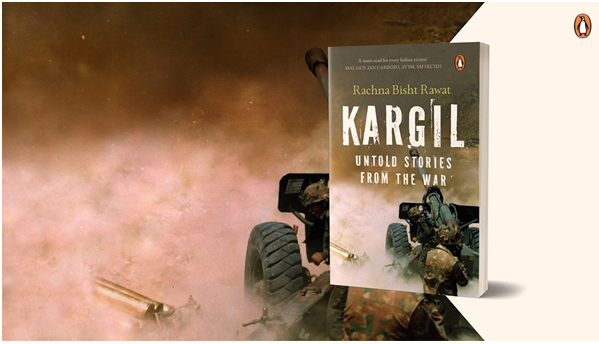
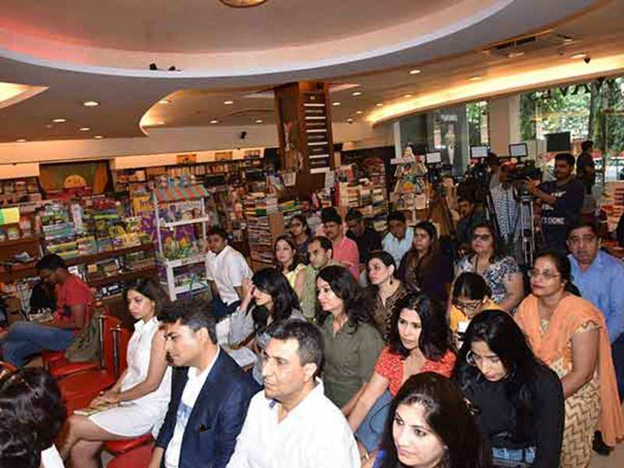


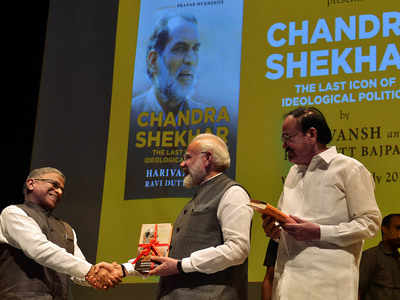
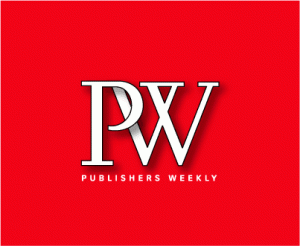

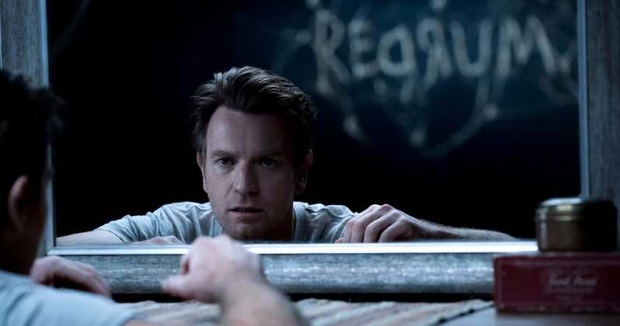
Sorry! No comment found for this post.